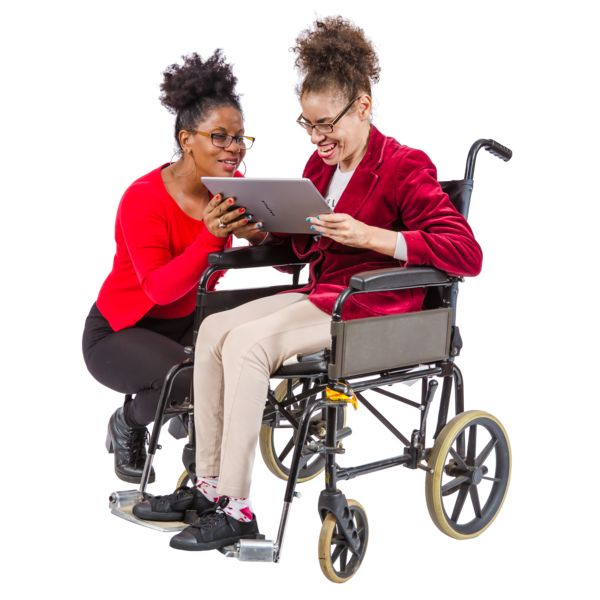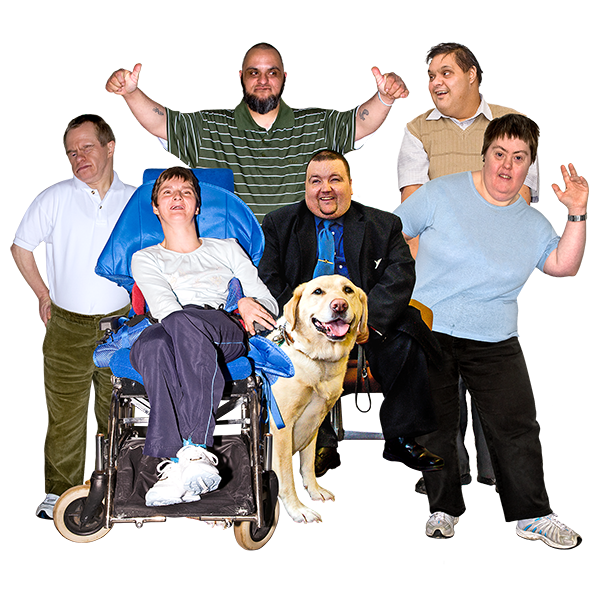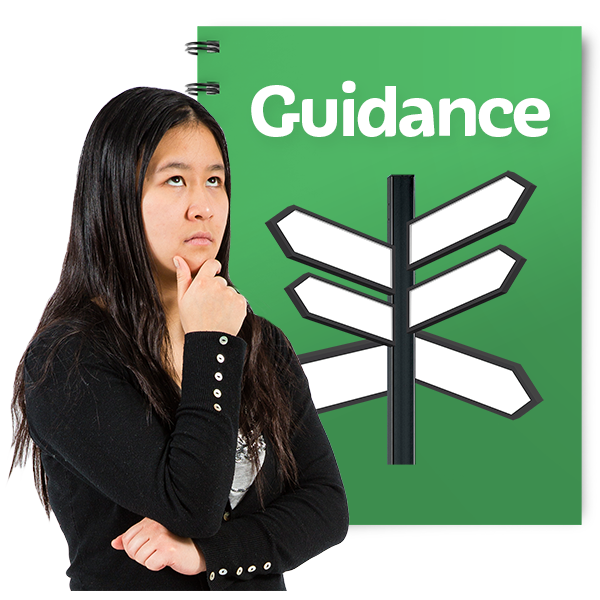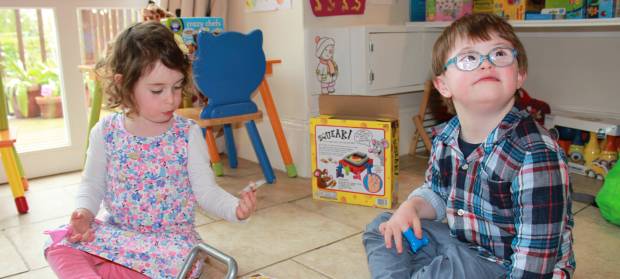Right to education
It wasn’t until 1970 that disabled children – previously classed as being unable to be educated – were given a right to participate in education.
However, the
law
 Laws are the rules that everyone in the country has to follow. If you don't follow the rules you can get in trouble with the police.
has changed substantially since then: Protocol 1, Article 2 of the Human Rights Act, Article 28 of the UN Convention on the
Rights
Laws are the rules that everyone in the country has to follow. If you don't follow the rules you can get in trouble with the police.
has changed substantially since then: Protocol 1, Article 2 of the Human Rights Act, Article 28 of the UN Convention on the
Rights
 Rights are the things everyone should be allowed to do like have a say, or go to school.
of the Child, and Article 24 of the UN Convention on the Rights of Persons with Disabilities all state the right of disabled people to receive an
education
Rights are the things everyone should be allowed to do like have a say, or go to school.
of the Child, and Article 24 of the UN Convention on the Rights of Persons with Disabilities all state the right of disabled people to receive an
education
 Education is when you learn things. When you fill in a form to get a job, education means you write where you went to school, college or university.
.
Education is when you learn things. When you fill in a form to get a job, education means you write where you went to school, college or university.
.
Young people, with or without a learning disability, must now be in education or training until at least the age of 16. In England, they must then do one of the following until they are 18:
- stay in full-time education, e.g. at a college
- start an apprenticeship or traineeship
- work or
volunteer
 A volunteer is someone who helps out by doing work for free.
(for 20 hours or more a week) while in part-time education or training.
A volunteer is someone who helps out by doing work for free.
(for 20 hours or more a week) while in part-time education or training.
Involving children, young people and families
According to Section 19 of the Children and Families Act 2014, English councils must ensure they involve children, young people and families in decisions about themselves and the local area by:
- taking account of their views, wishes and feelings
- allowing them to participate as fully as possible in decisions
- providing them with information or supporting them to enable this participation.
Presumption for inclusion
The education system is based on the assumption that all children and young people will attend mainstream education unless in certain circumstances. These include where such a placement would affect the education of other pupils in the school or if the young person or the child’s family state a preference for specialist provision.
Specialist settings are only available to children and young people who have an Education, Health and Care (EHC) Plan, unless in exceptional circumstances. They can be requested on an EHC Plan by a young person or a child’s family.
Identifying needs
Every local authority in England must make sure it identifies all children and young people in its area who have, or may have, special educational needs or disabilities (SEND).
Right to receive additional support in education
Children and young people with special educational needs (SEN), including those with a
learning disability
 A learning disability is to do with the way someone's brain works. It makes it harder for someone to learn, understand or do things.
, have a right to receive special educational provision. This is defined as “educational or training provision that is additional to, or different from, that made generally for other of the same age” in mainstream settings.
A learning disability is to do with the way someone's brain works. It makes it harder for someone to learn, understand or do things.
, have a right to receive special educational provision. This is defined as “educational or training provision that is additional to, or different from, that made generally for other of the same age” in mainstream settings.
In England, children and young people with SEN may also receive some health care provision and social care provision to help them with their learning and development.
Rights under the Equality Act 2010
The
Equality
 Equality is when everyone is treated fairly.
Act protects certain groups of people from being discriminated against, such as people with a learning disability. Therefore, a child or young person with a learning disability must not be discriminated against, directly or indirectly, and the reason for this must not be because of their disability.
Equality is when everyone is treated fairly.
Act protects certain groups of people from being discriminated against, such as people with a learning disability. Therefore, a child or young person with a learning disability must not be discriminated against, directly or indirectly, and the reason for this must not be because of their disability.
In education, there are also further rights that children and young people with a learning disability have:
- the right to have ‘reasonable adjustments’ made to ensure that they are not at a substantial disadvantage compared with their peers
- the right to have discrimination eliminated, equality of opportunity promoted and good relations fostered between themselves and children and young people without a disability. This should be enabled by, for example, a school or college.
SEND Code of Practice
The SEND Code of Practice contains the
guidance
 Guidance means being given clear instructions to be able to do something well.
that professionals working with children and young people with SEN must follow.
Guidance means being given clear instructions to be able to do something well.
that professionals working with children and young people with SEN must follow.
It is also an incredibly important document for families of children and young people with SEN.
This is because it shows you what support you can expect your child to receive, as well as who is accountable for delivering it.
The Learning Disability Helpline is our free help and advice line.
Our team can offer advice, information and discuss what support Mencap can offer tailored to your needs, in your area.
